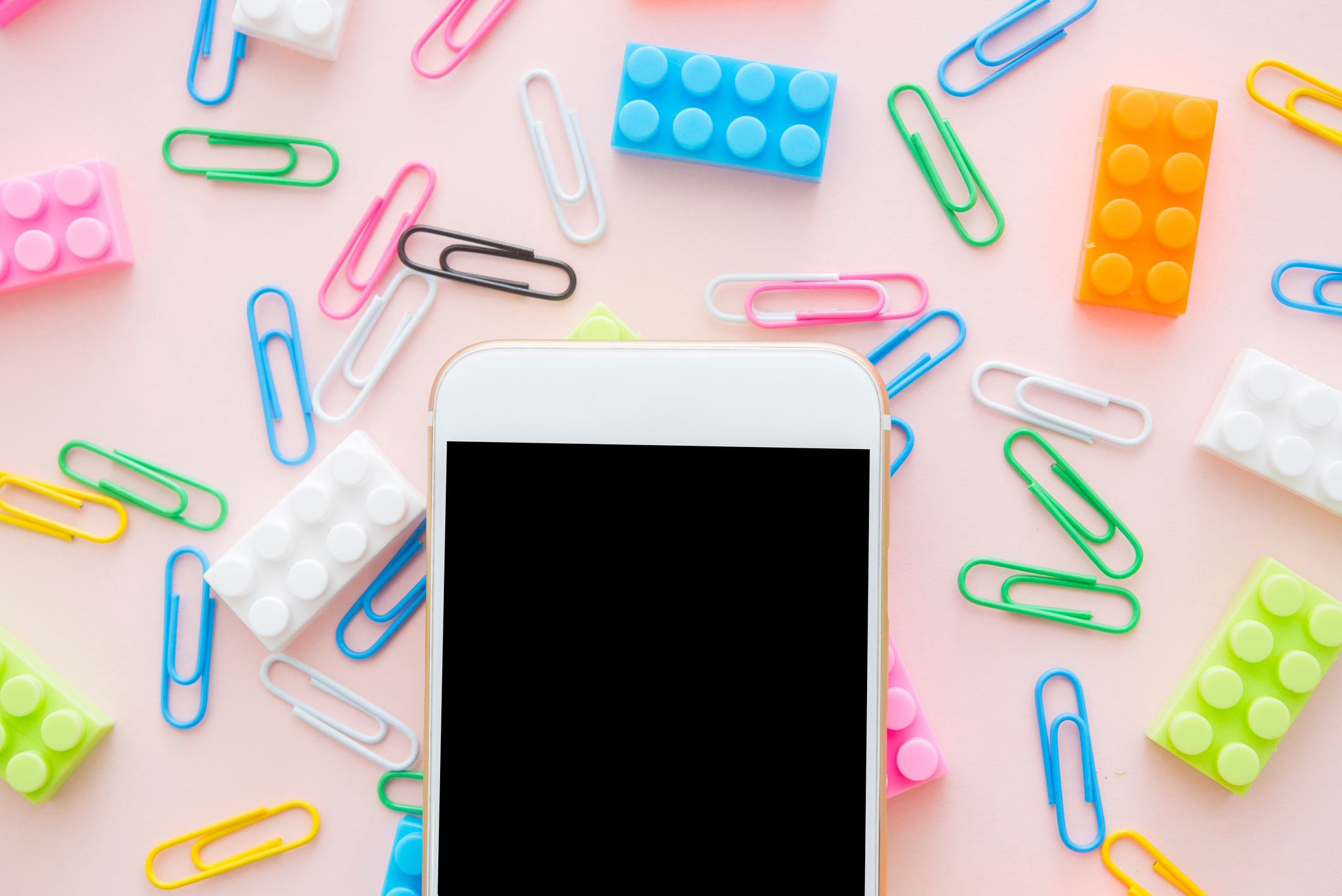When friends found out I was planning to foresake all digital media for six months, their reactions fell into two camps: (1) it’s an undesirable notion and cannot be done; or (2) it’s an admirable idea and cannot be done. They thought life would be dreary without devices, that such self-deprivation was pointless, not to mention inconvenient. One dear old friend, however, did show faith in my ability to carry out the project—asserting that I was good at “denying” myself things. (I hope she noticed that I just called her “old.”)
You, dear reader, know better than to think unplugging is fruitless… right? You’re familliar with the long list of benefits tied to secular sabbath. Greater peace of mind, empathy, focus, creativity. More time to nurture your health, enjoy your loved ones, participate in your community, and commune with the great outdoors.
Here’s one more reason—if you need it—for practicing Shabbat and joining the National Day of Unplugging: Denying yourself digital pleasures today will yield even greater joys tomorrow.
Unplugging exemplifies what Benjamin Franklin, in 1730, called “philosophical self-denial”: “refusing to do an action which you strongly desire, because it is inconsistent with your health, fortunes, or circumstances in the world; or, in other words, because it would cost you more than it was worth.” Self-denial is the yin to pleasure’s yang.
Franklin was a champion of self-denial rituals, for quasi-utilitarian reasons such as making himself a better person or getting his busy life under control, as William Powers describes in Hamlet’s Blackberry. “What previously seemed a dreary, priggish way to live—denying oneself pleasure—suddenly becomes positive and even hedonistic,” he said.
Instead of telling himself to “avoid” chatter and trivia, Franklin instead “sought” silence and tranquility—principles that call to mind the Sabbath Manifesto popularized by Reboot. (He also certainly drank wine, ate bread, lit candles, and “connected” with loved ones, as even armchair historians can confirm.) Unplugging doesn’t feel like deprivation when you focus on what you’re getting, instead of what you’re giving up.
This positive framing works wonders with people of all ages. I used to assign college students a “digital detox,” asking them to avoid computers, cellphones, television, and the like for 24 hours. Typically, a few in each class would report getting through a whole day without media, while the majority admitted succombing to digital urges. Often it was because they got curious about what they were “missing,” worried that there was an “emergency,” or simply didn’t know how to fill their free time without media. (Students accustomed to practing Shabbat never hit such snags.) Focusing on forbidden mediated activities is problematic: It risks creating a void in which boredom ensues and time drags.
So, I switched the class to a “Slow Media” strategy. Instead of presenting the prohibition as a negative—“you can’t go online or use your cellphone”—I reframed it as a positive: You can enjoy any unmediated activities of your choice. Color me surprised when most of them loved the Slow Media experiment. Students wrote glowing reports about practicing calligraphy, watching movies on VCR, keeping paper journals, listening to vinyl records, playing musical instruments, and making pottery. They described their unplugged experiences as relaxing, special, sacred, fun, interesting, engrossing, and therapeutic.
What’s more: This positive kind of denial frees you from the “hedonic treadmill,” as psychologists call it, which turns novel pleasures into mere comforts and, eventually, into disappointments that no longer bring any joy. In other words, periodically abstaining from digital media can help you to get more satisfaction from them, to appreciate them anew.
My own Slow Media project was the equivalent of roughly 180 consecutive Shabbats. Franklin was right about philosophical self-denial. Denying myself the “pleasures” of digital devices felt positively hedonistic. Don’t get me wrong: it was convenient. Yet conventional wisdom says that going online saves time and helps you get more done. For me, unplugged days felt longer and more productive.
As a researcher, I’m fascinated by the imagination and courage displayed in self-denial rituals like Shabbat. Scholars often distinguish between communication that serves a “transmission” (instrumental) purpose or a “ritual” (symbolic) one. In the first mode, we value speed and effectiveness. In the second, we participate in activities that aren’t meant to be expedient but rather spiritual, emotional, aesthetic, communal. Unplugging aspires to these symbolic goals; it is not about going fast, being productive, and getting things done.
Shabbat rituals show that abstaining from media can be constructive, for both individuals and society. When we unplug, we aren’t denying ourselves the purported pleasures of mainstream culture but rather enacting alternative values that create a richer vision of human life.
Author’s note: This story is adapted from my book Slow Media: Why Slow is Satisfying, Sustainable and Smart, published by Oxford University Press. You can learn more about the projects discussed here at http://jennifer-rauch.com and http://slow-media.org/.
Follow us here and subscribe here for all the latest news on how you can keep Thriving.
Stay up to date or catch-up on all our podcasts with Arianna Huffington here.


